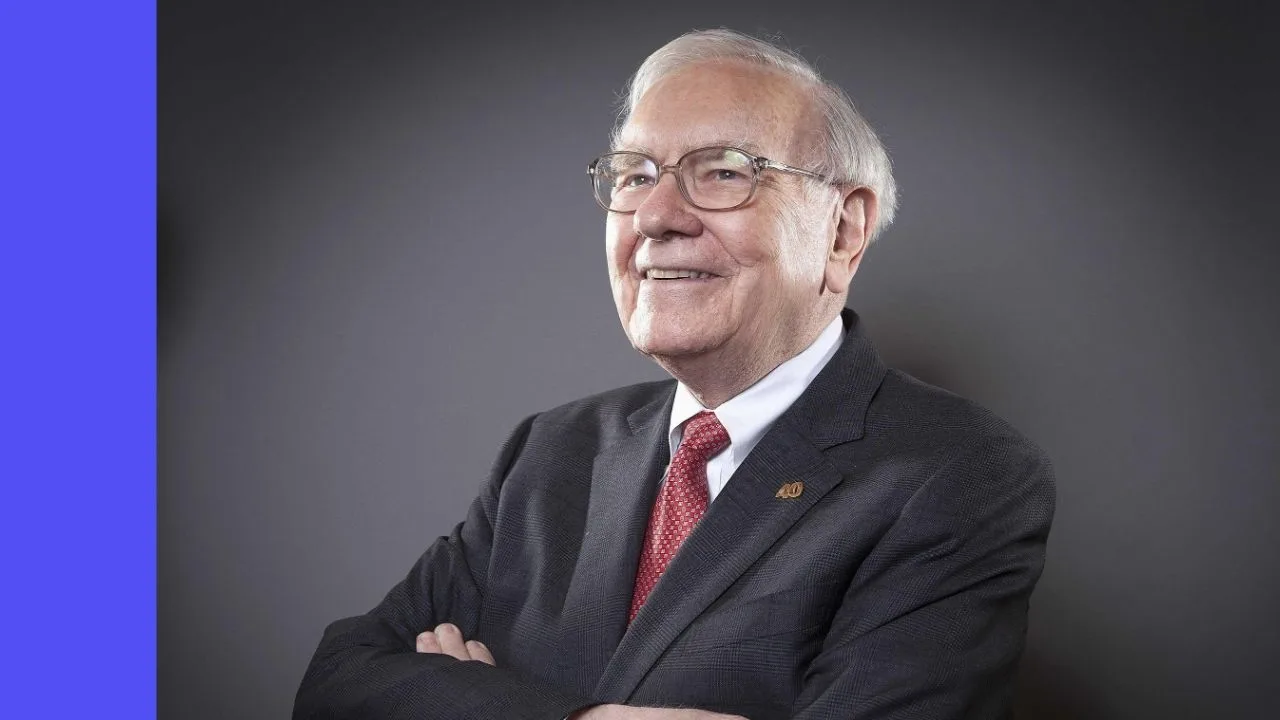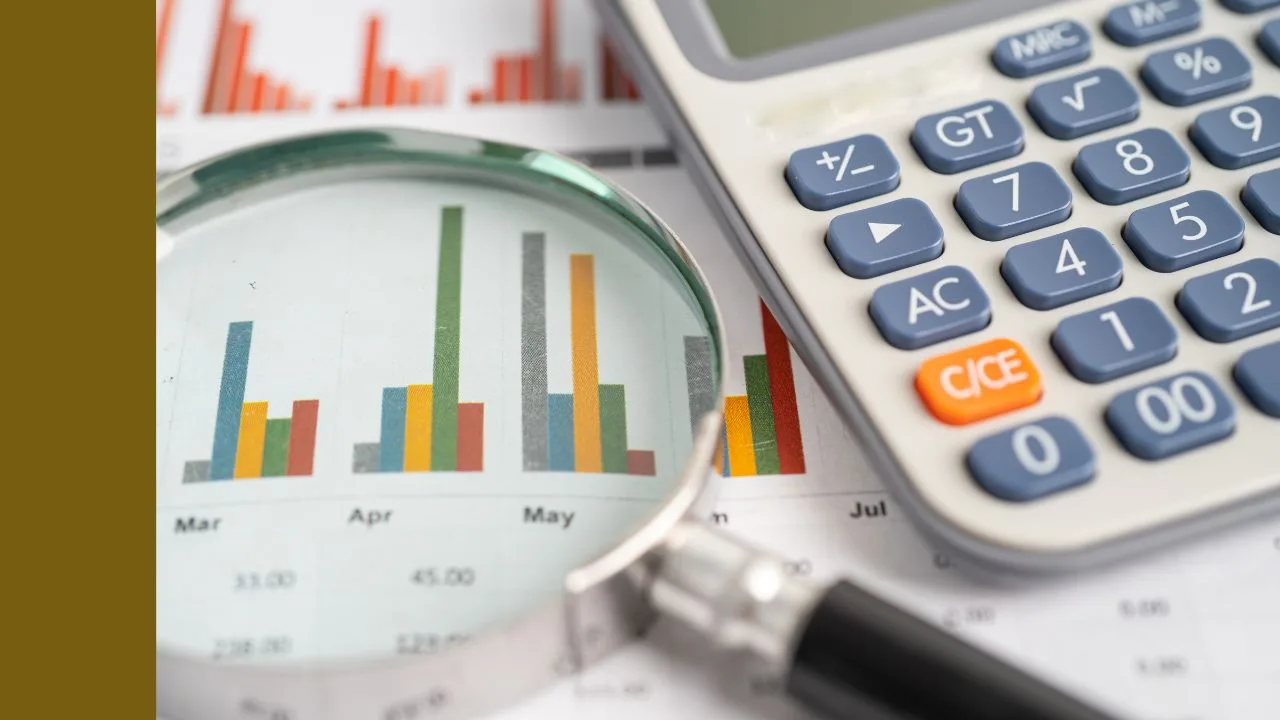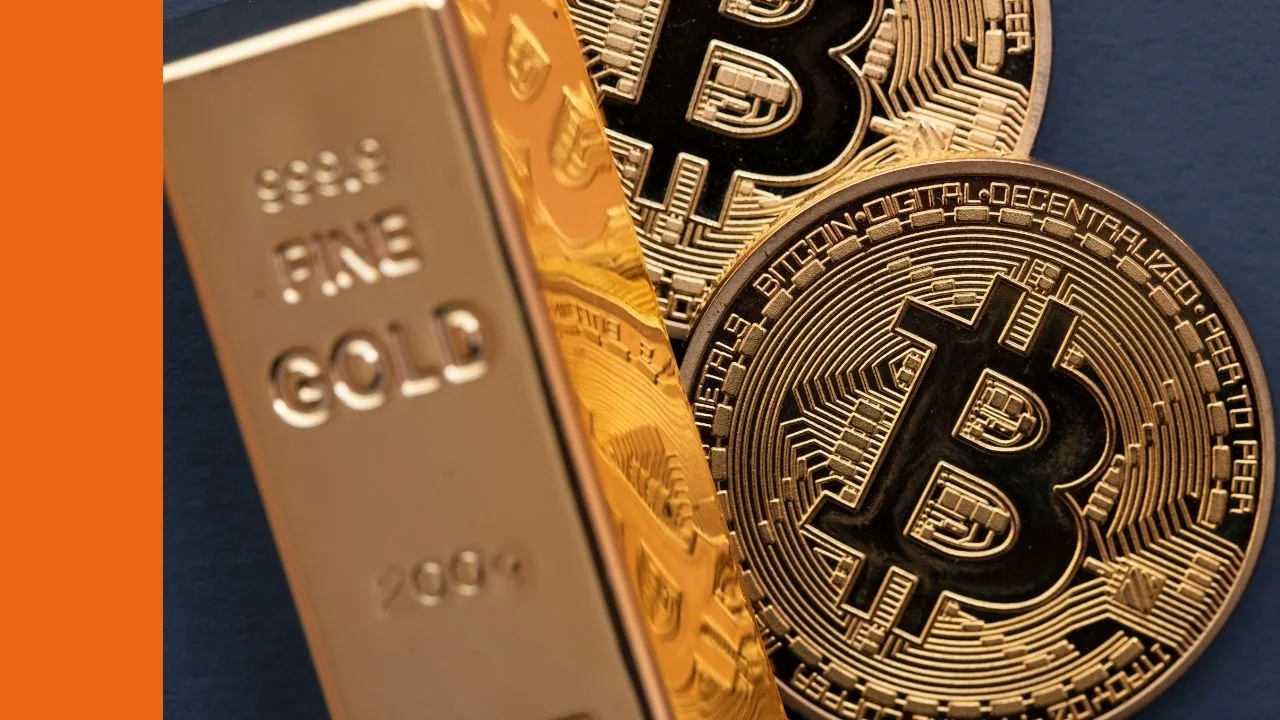With news of further tariffs being implemented in the US-China trade war, is now a bad time to buy the iShares China Large-Cap ETF (ASX: IZZ)?
About ETFs
ETFs are investment funds that are listed on a securities exchange. They can be ‘managed funds’ or ‘index funds’, or in other words, active or passive.
Typically, ETFs give an investor exposure to many different shares or assets with a single purchase, offering one of the quickest and easiest methods of achieving diversification. The Best ETFs website has a list of Australian ETFs.
What Is The IZZ ETF?
The iShares China Large-Cap ETF, IZZ, is a passive ETF designed to track the performance of the FTSE China 50 Index.
As the name suggests, the index consists of the 50 largest companies trading on the Hong Kong Stock Exchange.
The ETF invests in some of the best Chinese companies like Tencent Holdings Ltd and China Construction Bank Corp.
The ETF has a heavy allocation to financials (45.3%) and communication (19%) with all other sectors receiving less than 10% each.
The IZZ ETF pays semi-annual dividends, although the 12-month trailing yield is only 0.83%.
Why Invest In China?
The China Large-Cap ETF has several appealing characteristics that you won’t find in the Australian market. For example, China’s growth rate is one of the highest in the world, and this has been reflected in the ETF’s performance over the last five years, where it has returned 11.77% per year.
In fact, if you had invested $10,000 in 2004 when the IZZ ETF was created, you would have more than $30,000 today.
The Chinese market also offers compelling valuations compared to most Western markets. For instance, the average price-earnings (PE) ratio in the IZZ ETF is 10.47 times, compared to a PE of 21.3 times for the iShares S&P 500 ETF (ASX: IVV). The price-to-book ratio for IZZ is 1.38 times compared to IVV’s 3.38 times.
Based on those numbers, Chinese shares certainly seem to offer better value.
Fees And Risks
While the valuations in the China Large-Cap ETF are more reasonable than US shares, the management costs are also higher. The current management costs for IZZ are 0.74% per year.
There is also a concentration risk, as the ETF only invests in 50 holdings, compared to say 200 companies for an ASX 200 ETF or 500 companies in the iShares S&P 500 ETF.
The ongoing US-China trade war also poses a risk to China’s growth rate and increases in tariffs tend to weigh on Chinese ETFs and create further uncertainty. For that reason, this should be classed as a high-risk ETF.
Is It A Buy?
With the outcome of the trade war looking so uncertain, I’d be hesitant to buy today. However, it’s certainly worth considering as a future investment and it’s important that investors don’t develop a home bias and refuse to invest overseas because investing in a country like China can open up a lot of opportunities.
For now, though, I’d rather invest in our number one ETF pick mentioned in the free report below.
[ls_content_block id=”14948″ para=”paragraphs”]
Disclosure: At the time of writing, Max does not own shares in any of the companies mentioned.










